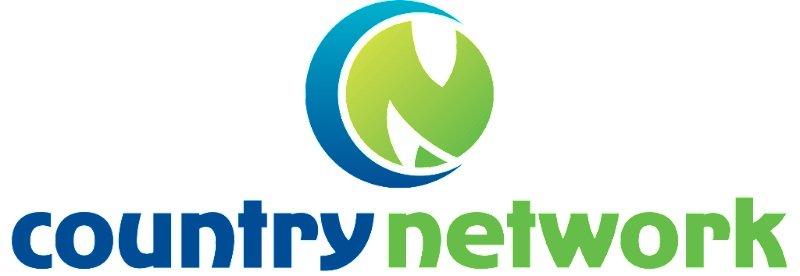A Brief Introduction to Polari
Polari is a form of coded language that was used by many marginalised communities in the United Kingdom. The LGBTIQ+ community adopted Polari primarily to communicate in a secret language that outsiders did not easily understand.
The origins of Polari are believed to have begun in the 19th century when the language was used by travelling communities such as circus workers and sailors. The LGBTIQ+ community also used it as a way to communicate in secret to avoid persecution.
Polari is a mixture of English, Italian, Romani, and reversed or made-up words. It has a unique vocabulary and grammar, with some words and phrases taken from Yiddish, and Cockney Rhyming Slang. Some of the terms used in Polari are still in use today, such as “bona” (good), “naff” (bad), “zhoosh” (to spruce up), “cod” (fake), and “camp” (ostentatious).
Polari was popular in the United Kingdom during the 1950s and 1960s but began to decline in the 1970s as homosexuality was decriminalised. However, Polari remains popular in some communities, particularly among drag queens and some members of the LGBTIQ+ community. It is still used to create a sense of community and as an expression of identity.
Polari has also influenced popular culture. The Beatles used it in their song “Got To Get You Into My Life”, and the BBC sitcom “Porridge” featured a character who spoke in Polari. Outside the United Kingdom, Polari has been mentioned in the American television show “Queer as Folk” and the musical “La Cage Aux Folles”.
Overall, Polari has played an important role in the history of the LGBTQ community. It has allowed community members to communicate secretly while creating a sense of community and belonging.
This great podcast from the Macquarie dictionary discusses which Polari words have made it into the dictionary and the resurgence of some words on the TV show RuPaul’s Drag Race.
Your introduction to Polari:
Ajax – Nearby.
Aunt Nell – Listen.
Barney – Fight.
Batts – Shoes.
Bibi – Bisexual.
Blag – Pick up.
Blue – Homosexual.
Bona – Good.
Bona Nochy – Goodnight (from Italian – buona notte).
Bonaroo – Wonderful / excellent.
Bungery – Pub (this comes from the English word for the closure on a barrel).
Cackle – Talk / gossip.
Charper – Search.
Charpering Omi – Policeman.
Clobber – Clothes.
Cove – Friend.
Crimper – Hairdresser.
Doss – Bed.
Ecaf – Face (backslang).
Eek – Face (abbreviation of ecaf).
Ends – Hair.
Fantabulosa – Wonderful.
Fruit – Queen / gay man.
Glossies – Magazines.
Hoofer – Dancer.
Kaffies – Trousers.
Lallies – Legs.
Lallie Tappers – Feet.
Latty – Room, house or flat.
Lills – Hands.
Lilly – Police (Lilly Law).
Luppers – Fingers.
Measures – Money.
Meese – Plain, ugly (From Yiddish).
Metzas – Money.
Naff – Bad, drab, dull, hetero
Nanti – Not, no.
Ogle – Look.
Ogles – Eyes.
Omi – Man.
Onk – Nose.
Orbs – Eyes.
Palare Pipe – Telephone.
Polari – Chat, talk.
Riah/Riha – Hair.
Riah Shusher / Zhoosher – Hairdresser.
Scarper – To run off (from Italian “Scappare”, to escape).
Screech – Mouth / speak.
So – Homosexual (e.g. “Is he ‘so’?”).
Strillers – Piano.
Vera (Lynn) – Gin.
Zhoosh – Style hair, tart up, mince (Romani – “zhouzho” – clean, neat).
You can find more articles like this one by clicking the topics below, or to find more articles by this member, click on the profile image below the topic list!







